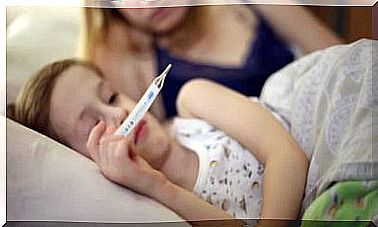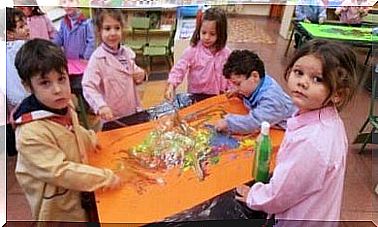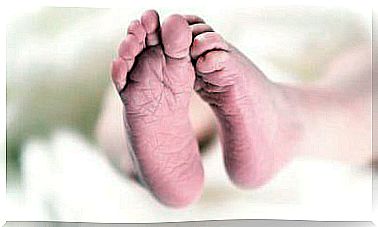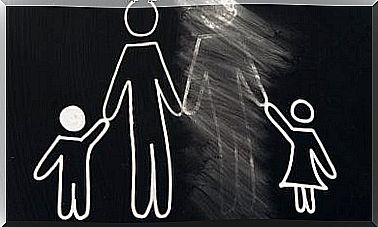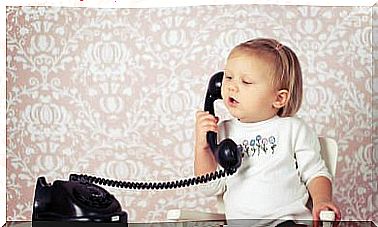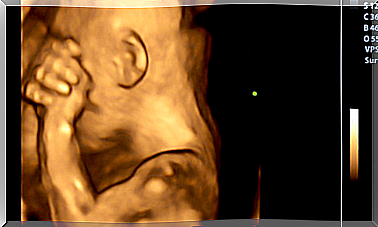“Mom, I Hate You”, The Phrase That Can Unravel Your World
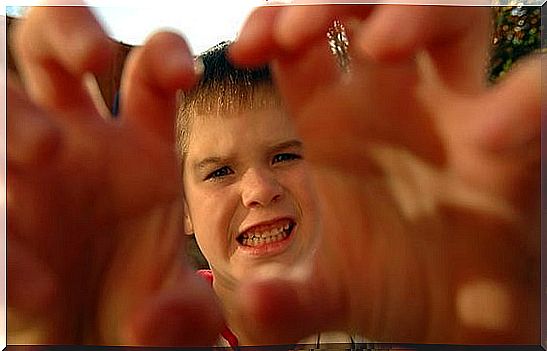
It is inevitable in the life of any mother or father. With the limits, comes that annoying and painful phrase that does nothing but crumble your world and hurt nothing less than your heart: “I hate you”, the bitter response to some prohibition or call for attention.
But it is worth asking before suffering in vain: Can a boy hate his parents for a trifle? Just to bring you peace of mind, we anticipate that in reality it does not do it, nor is it capable of doing it, but that when your child grows up he wants to impose his will, which generates his anger when receiving any refusal.
The minor then expresses his anger at the lack of acceptance of his thoughts and feelings by his parents, and for this he appeals to the hurtful “I hate you”, “I do not love you” or “you are the worst” that penetrates deep and us freezes the blood in order to express his frustration.
But why does he express his displeasure with “I hate you”?
According to what has been sustained from the area of psychology, although the little ones tend to outline those angry “I hate you”, they do not really understand the true meaning of this unfortunate expression, but they often use it when they feel frustrated, angry or very angry. contained.
Therefore, if you want to avoid repeating this phrase as a gesture of displeasure or disapproval, you will need to evaluate the reasons why your child uses a proposition of this caliber. Only in this way will you be able to act appropriately to eradicate those words from your lexicon.
“When children are under seven years old, they express these words only because they learned them and because they associate them with frustration, but not because they are feeling them,” explains psychologist Carlos Velásquez, who adds that it is simply a circumstantial reaction.
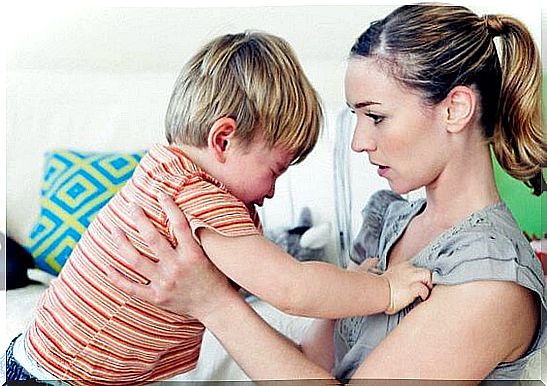
Now, when it comes to children over eight years of age and adolescents, “I hate you” has a certain intention to express their rejection of something that has been built for a long time but, as they are in the age of rebellion, now it is not difficult for them to say.
Therefore, the age of the child when uttering those words is essential. Since if it is a child who is over 8 years old, you should investigate what happens to him through an empathic and calm conversation, so that they can understand each other in order to solve the differences.
What to do and how to react to this situation?
- Don’t respond aggressively to avoid getting into an unnecessary argument with your child. Confrontation in these cases will get you nowhere.
- Analyze what happened to be able to identify your child’s feelings in order to help him recognize and express them appropriately. For this you can see if at the time of “I hate you” he was crying, throwing an object or rolling on the ground.
- Speak empathically with him once calm returns and you have defined your strategy so that he understands what he has just said with total lightness.
- Show him the weight of his own words and express your own pain so that he can understand that he is not doing the right thing and that, in this way, he has hurt you. It is not encouraging guilt in the child, but if you feel sad, express it without losing your composure.
- Make a difference between anger and hatred, talking with him to find out why he is so upset with his parents and explaining that hate implies not loving a person, which is not good, not even to attract attention and generate a reaction of the adult, because being upset does not imply being cruel. The fundamental thing would be that you help him to recognize his own feelings by promoting the emotional intelligence of your child.
- It is time to understand, listen, accept and consider your child’s feelings, always respecting their emotions. Explain calmly your decisions and why you act as you act. Not accepting his feelings, laughing at what he thinks, criticizing his way of seeing things, and not respecting his decisions generally leads to more “I hate you” and other attitudes of rejection on the part of the boy.
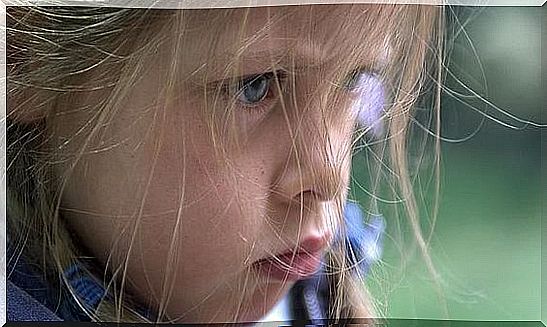
Possible causes of this “hatred”
Did he say “I hate you”? This confession can be the consequence of various circumstances, mainly of a sum of anger, frustrations and confrontations that generated in the adolescent a certain feeling of rejection that will be promptly verbalized at any moment of anger.
Generally, children who make this type of statements face such authoritarian and repressive parents that they do not accept any negotiation after their orders and impositions, so the children accumulate the darkest feelings that know the light when they achieve judgment and criticism. .
Well, presumably, the resentment that motivates that “I hate you” does not develop overnight in the case of older children with full awareness of their sayings. However, the healthiest thing is that they can express it to have a warning that something is not quite right.
Therefore, if you ever received a dagger of that size from your son, do not blame yourself, do not think you are a bad mother, and much less shut yourself up in your thoughts. Listen to the child, know what he feels and why he acts the way he acts without prejudging him or continuing to feed his anger.

